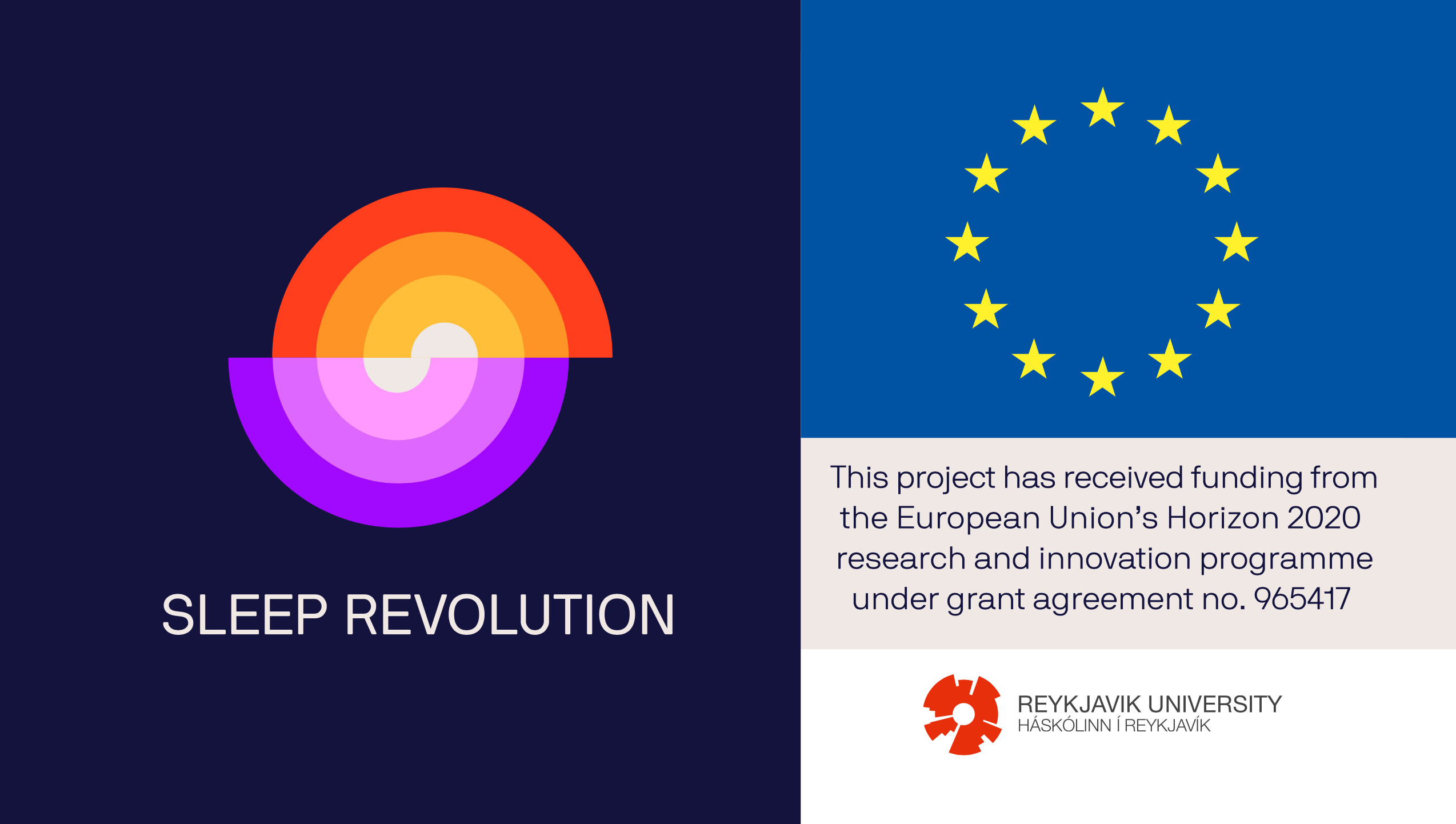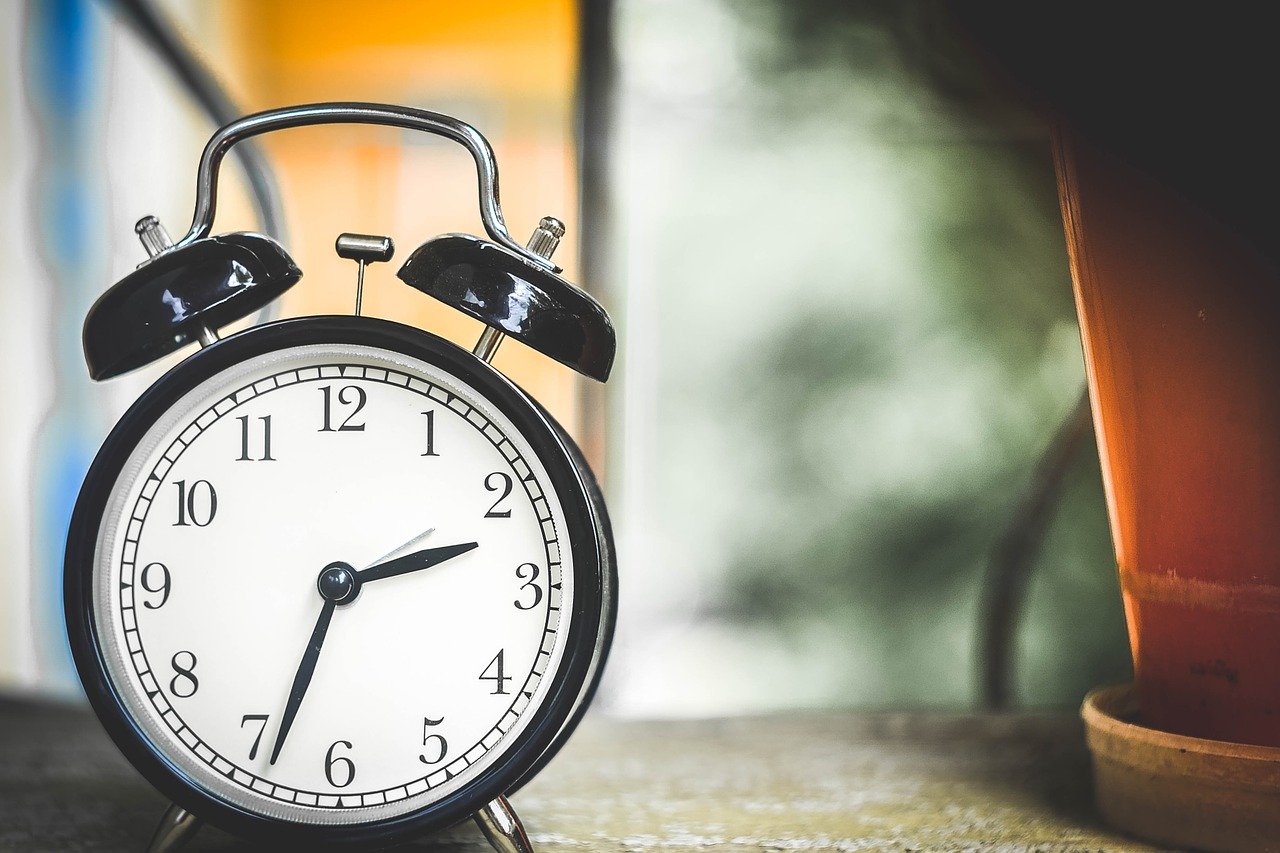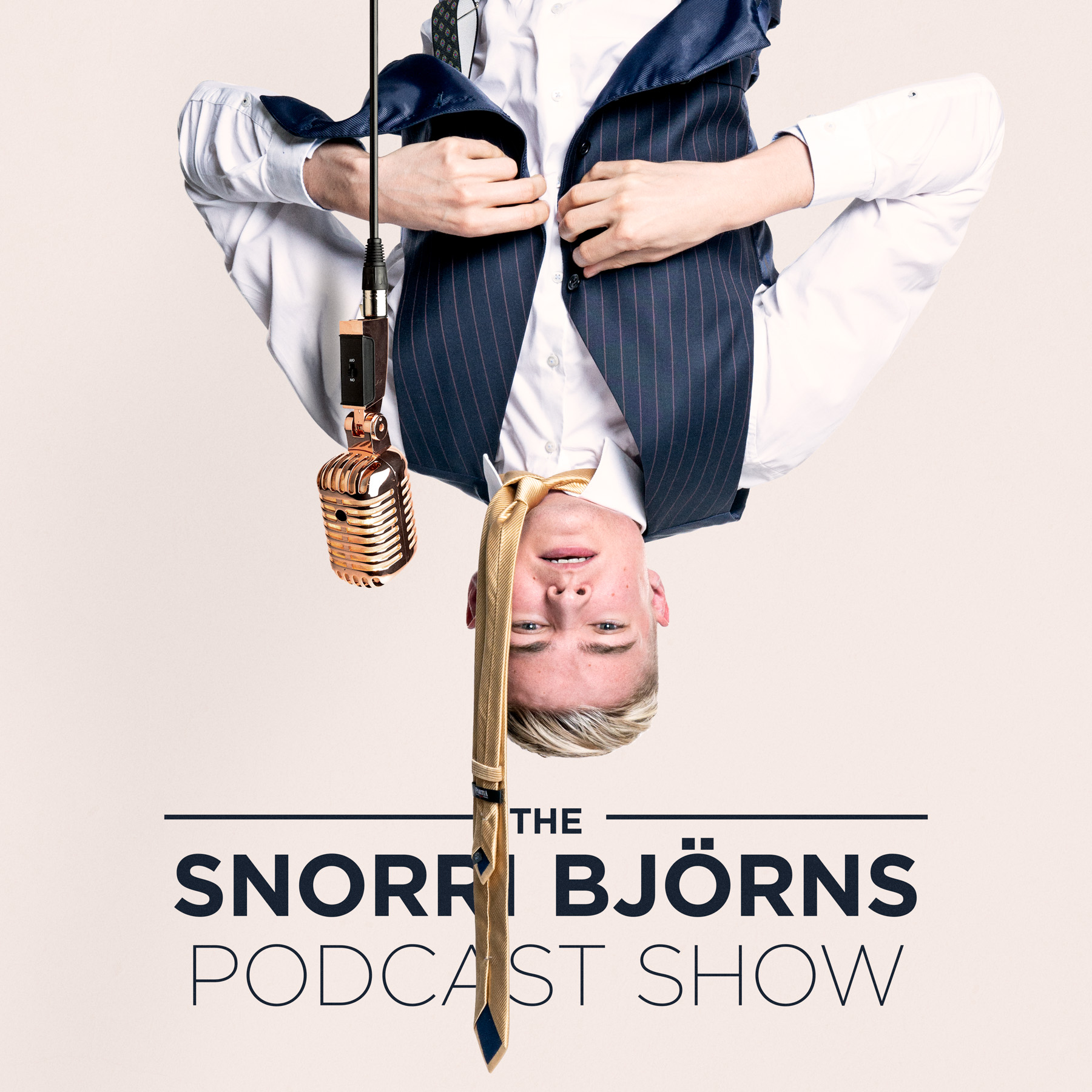Founded in 2020, the Sleep Institute at Reykjavík University is a research center focused on exploring sleep and circadian rhythms. The institute brings together experts from various fields, including engineering, psychology, sports science, and computer science, encouraging collaboration across disciplines. It also partners with professionals from the education and healthcare sectors to support innovative research. With accessible facilities, the Sleep Institute provides a valuable space for those working on sleep-related studies, fostering new discoveries in the science of sleep.

Iceland to become a centre for international sleep research
Scientists at Reykjavik University (RU) to lead a research project receiving a 15-million Euro Horizon 2020 grant Sleep Revolution, an interdisciplinary international research and development[…]

Erna Sif Arnardóttir is the leader of the project.
Thought big and landed a 2.5 billion grant, Erna Sif Arnardóttir is the leader of the project.Link to an article in Læknablaðið about the large[…]

Video: How body clocks rule our livesbody
How body clocks rule our livesbody This video explains what the body clock is and how it effects our day-to-day life including when we wake up and fall asleep, when the[…]

Snorri Björns about sleep
Podcast on sleep In the podcast, Snorri Björnsson talks to Erla Björnsdóttir, a clinincal psychologist with a PhD degree in sleep medicine about goal setting and the relationship between sleep and physical[…]

Information about coffee
Caffeine Caffeine is a stimulant that can be found naturally in plants we use to make coffee, tea, and chocolate. Even though many people believe[…]

Sleep paralysis
Sleep paralysis is a sleep disorder resulting in the inability to move the body, before or after you wake up, despite being awake and conscious.[…]

Prodcast: Feel better, Live More
Video: What happens to your body and brain if you do not get sleep. In the radio show Feel Better, Live More, Dr. Chatterjee with[…]

Video: What happens to your body and brain if you don’t get sleep
What Happens To Your Body And Brain If You Don’t Get Sleep? Sufficient sleep is essential for healthy brain and body function. In this video, sleep expert[…]

Video: Effects of caffeinated beverages on youth sleep
Energy drinks and sleep Caffeinated soft drinks are very popular with young people today. Studies have shown that caffeine has a detrimental effect on sleep, but[…]

Video: Good advice for sleep problems for children and teenagers
Tips for helping children and adolescents with sleep problems Sleep is especially important for children and adolescents, but research has shown that a large proportion[…]
